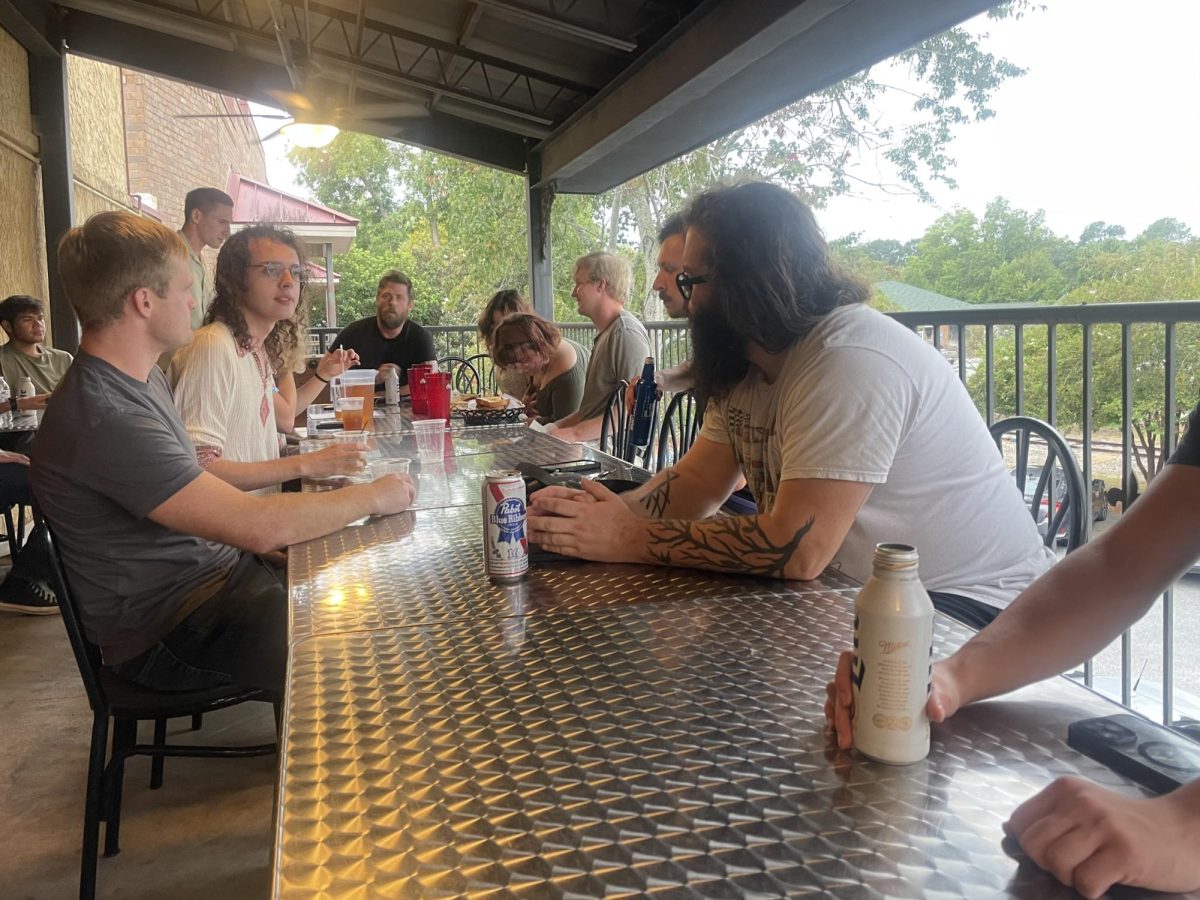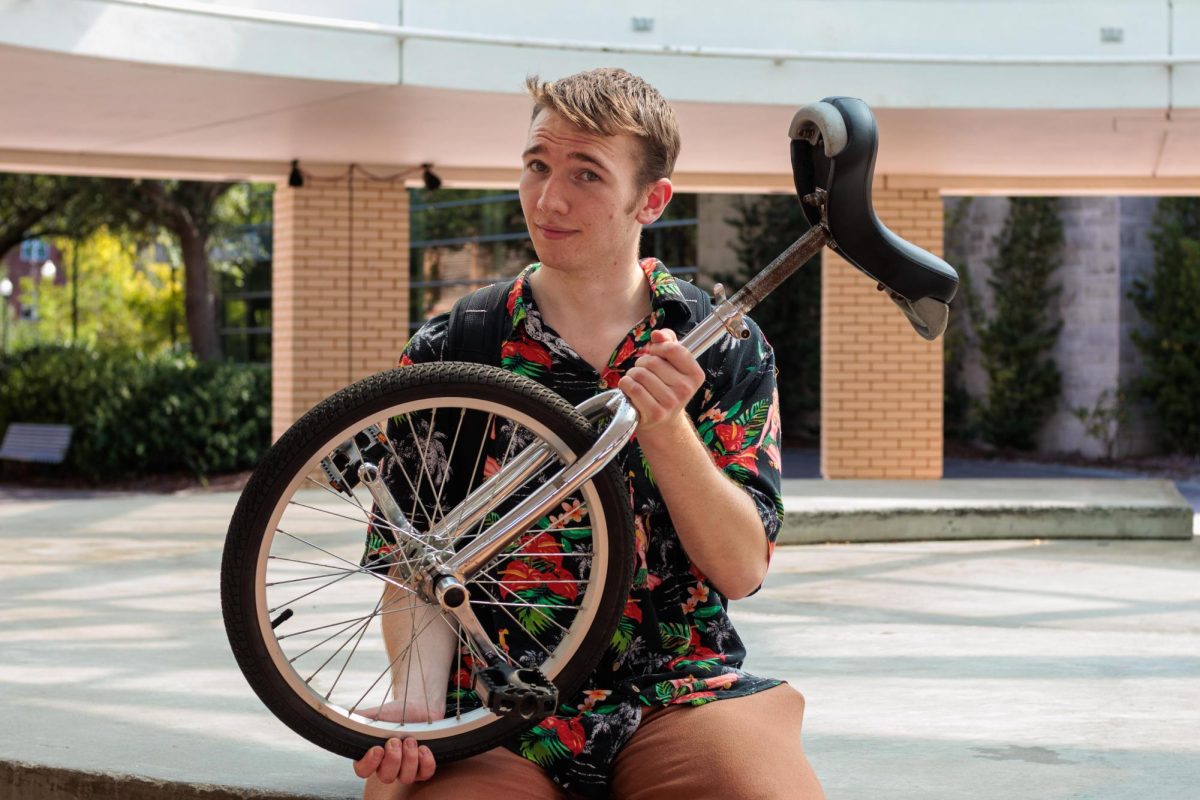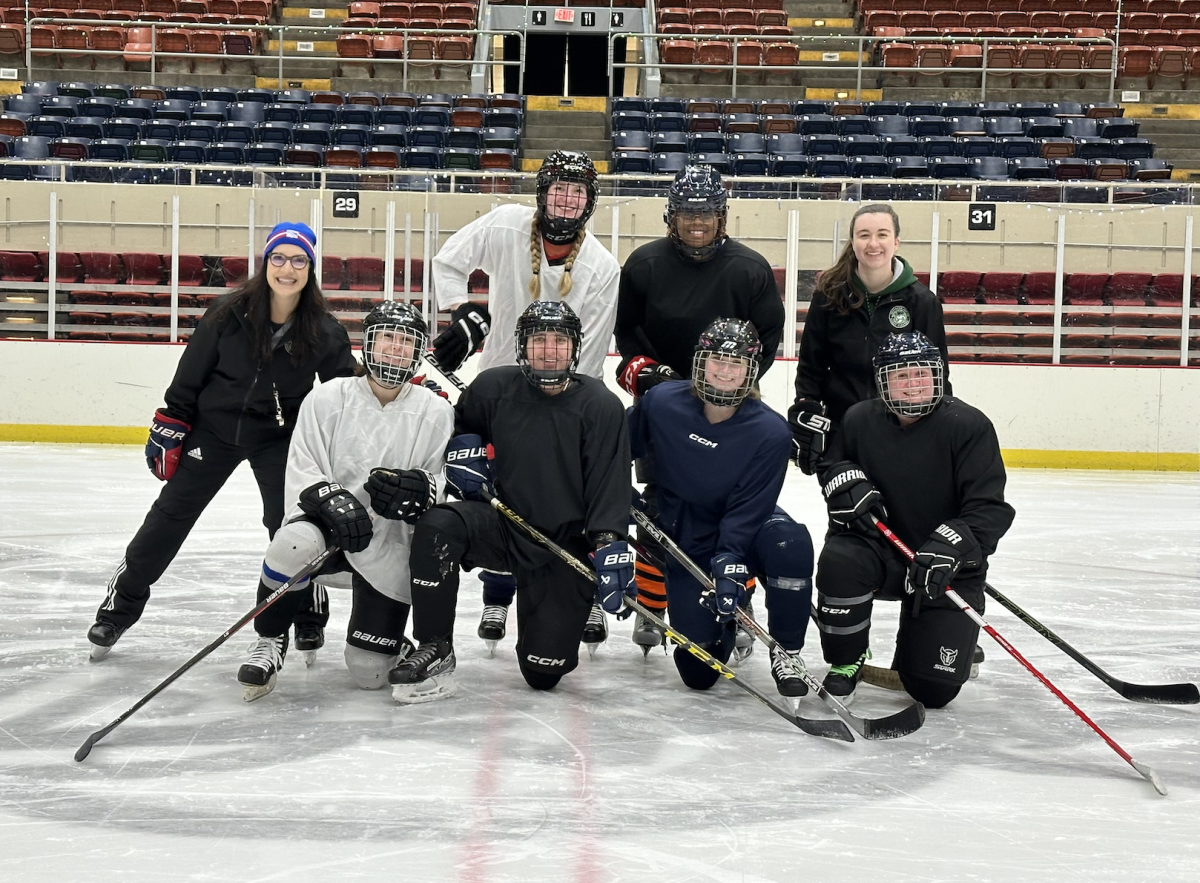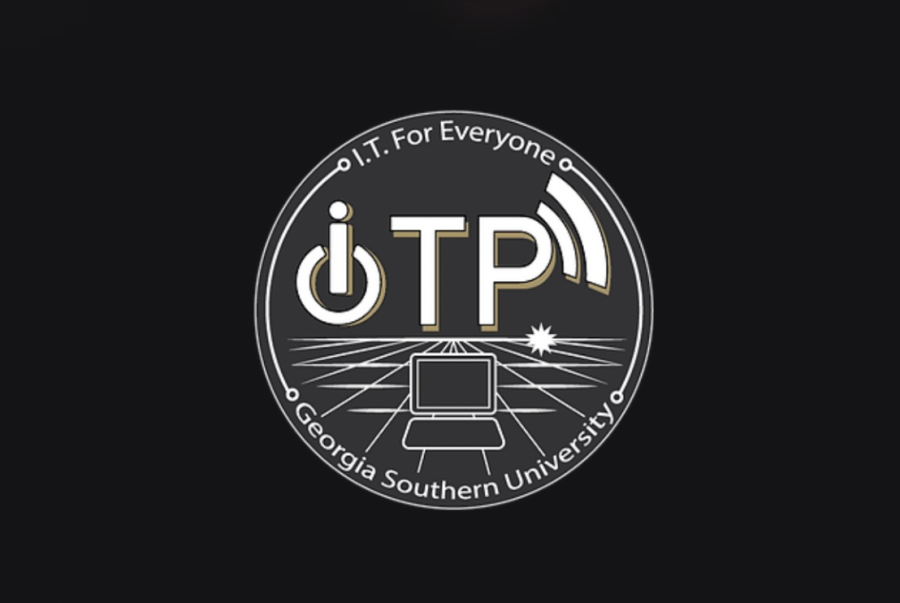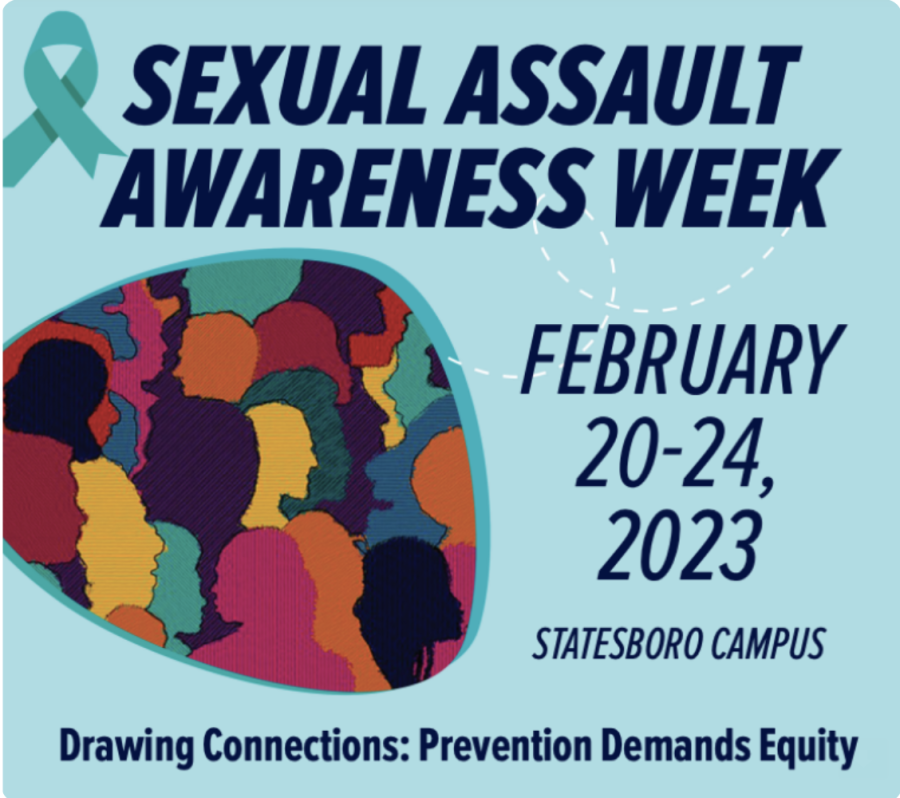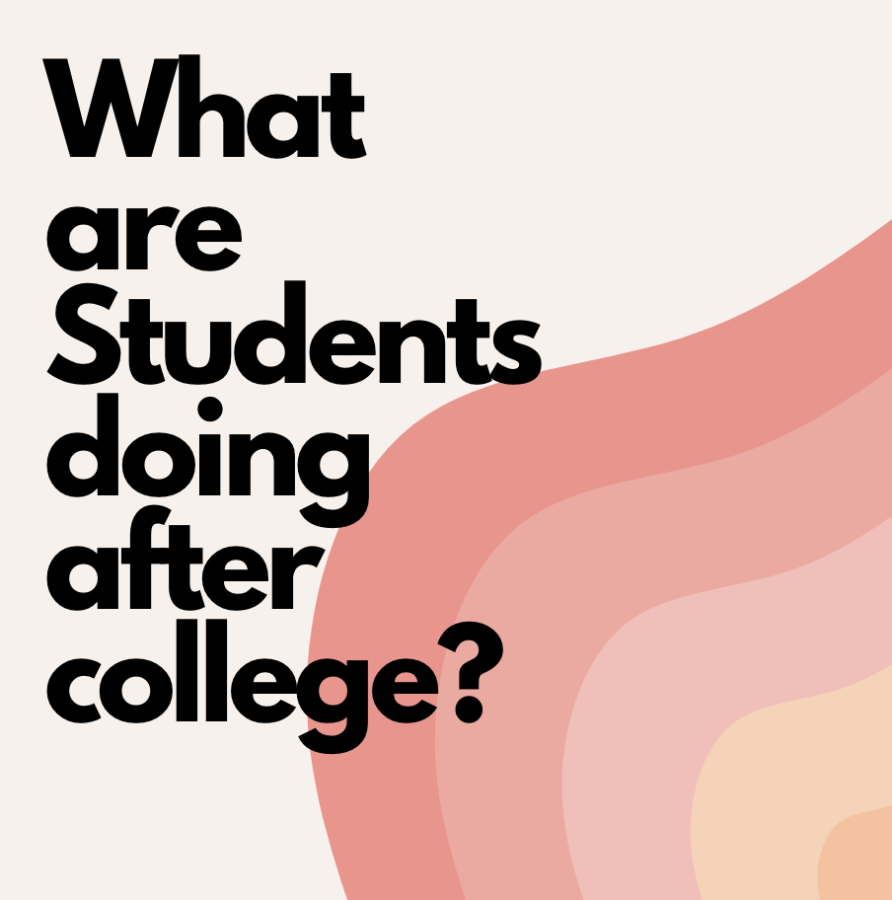Mental health is something few people want to talk about but needs to be discussed, especially with a student body as large as Georgia Southern’s.
“We just want to raise awareness for mental health. We want to make it okay to talk about. The more often we talk about it, the more normal it becomes to do that. Perhaps people would feel less intimidated the more awareness and programs we do on the issue,” Michelle Martin, the University Wellness Program Director, said.
Martin gave some guidelines for talking about mental health. She said it is important to ask your friend if they’re okay. If you are concerned about a friend or peer, don’t be afraid to ask them if there’s any way you can help.
According to the National Alliance on Mental Illness, one fourth of college students struggle with mental health problems. If we have 21,000 students at Georgia Southern, that means a quarter of our student enrollment struggle with this. Martin said mental health is a national issue right now that is connected to sexual assault, violence and alcohol and it is not going to go away.
Hurting and Healing From Stigmas 
Dr. Marieke Van Willigen, the chair of the Sociology and Anthropology department, provided her take on stigmas about mental illness. Willigen elaborated on the social consequences of people ignoring and stigmatizing mental illness.
“It might be hard to maintain a romantic relationship or start a romantic relationship if somebody knows you have a mental illness. If you have a mental illness that is not being treated and you’re really struggling, you can be with the most understanding person in the world. But, if your behavior is erratic, or your mood is always really negative, then that’s going to be hard to maintain that relationship,” Dr. Van Willigen said.
Dr. Van Willigen commented on two of the difficulties associated with working and having a mental illness.
- It might be hard to get to work regularly.
- It might be difficult to do the job that is required and they may struggle to do it.
Alternatively, a person might be doing a great job, but other people might find out that they have a mental illness. If they see the medication someone is taking they might treat them differently because of that.
“The tough thing is that when we talk about mental illness, people think about the extremes. There’s lots of people that are living with low-grade things that psychologists or psychiatrists would diagnose as a mental illness, and they’re doing fine,” Dr. Van Willigen said.
Dr. Van Willigen said that people are heavily influenced by the media.
“We have all these violent images of people who committed these horrible acts, who are mentally ill. And then people think, well that’s what mentally ill people are like. I think combatting that with images of people who are doing well, who say that they have mental illness [is better]. When Betty Ford admitted that she had a drinking problem that was a huge deal. Now, there’s the Betty Ford Clinic for people who have alcohol abuse problems,” Dr. Van Willigen said.
Dr. Van Willigen said that seeing somebody that’s successful would ideally ripple down to other people in the community.
“If you knew that one of your friends took medication for depression, but was a successful student and a lot of fun to be around, it would change your opinions about people with depression,” Dr. Van Willigen said.
How You Can Get Involved 
Brian Sawyer, a senior psychology major and president of the Active Minds club at Georgia Southern, said there are several ways students can get involved in the ‘Stomp Out Stigma’ activities. Sawyer hopes to break the taboo about talking about mental illness and the confusion and fear surrounding it. Sawyer said getting people comfortable talking about mental health would help break the taboo.
Active Minds is spearheading a couple of events for ‘Stomp Out Stigma’ week. On Tuesday and Wednesday, the organization will be eating in silence at the Dining Commons at 12:30 p.m. for ‘Day of Silence’.
‘Day of Silence’, which is Tuesday, September 29, seeks to bring awareness to the 1,100 students lost to suicide each year. Active Minds members and other participants will wear ‘Day of Silence’ buttons. These buttons will be given out at the Rotunda for the ‘Stomp Out Stigma’ week kickoff.
Active Minds will also be sponsoring the ‘Shed the Light Walk’ Thursday from 11 p.m. to 1 a.m. at the RAC pavilion. As part of the walk, lanterns will be released in support of those who struggle with mental health issues.
This week can serve as a starting point for initiating conversation with your friends, family and peers about mental health. Such conversations can enlighten people and let them know they have support if they are dealing with a mental health challenge.
The Counseling Center, the Wellness Program and Health Services all coordinate doing various events related to mental health throughout the semester. Information on those events can be found on the official GSU calendar, weekly E-BUZZ emails or by contacting the department or organization hosting an event.
Graphic by Alex Smith


